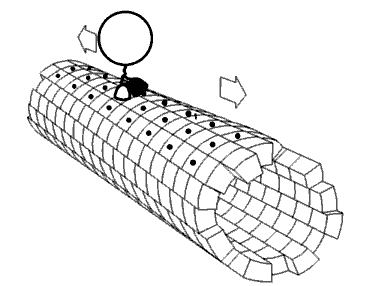- Joined
- Jun 21, 2016
- Messages
- 8
- Reaction score
- 2
I have found a few MD/PhD programs that would let students do the phd portion in physics. I was curious if I got into such a program could my research be imploring methods used in theoretical physics to problems in physiology and medicine? By methods I mean using higher level mathematics and principles from physics, but again from a theoretical approach. For example, stuff like quantum biology, particle physics (I would assume that has some affects on cellular function at the subatomic level), or maybe even condensed matter theory. The article I attached gives some examples.
